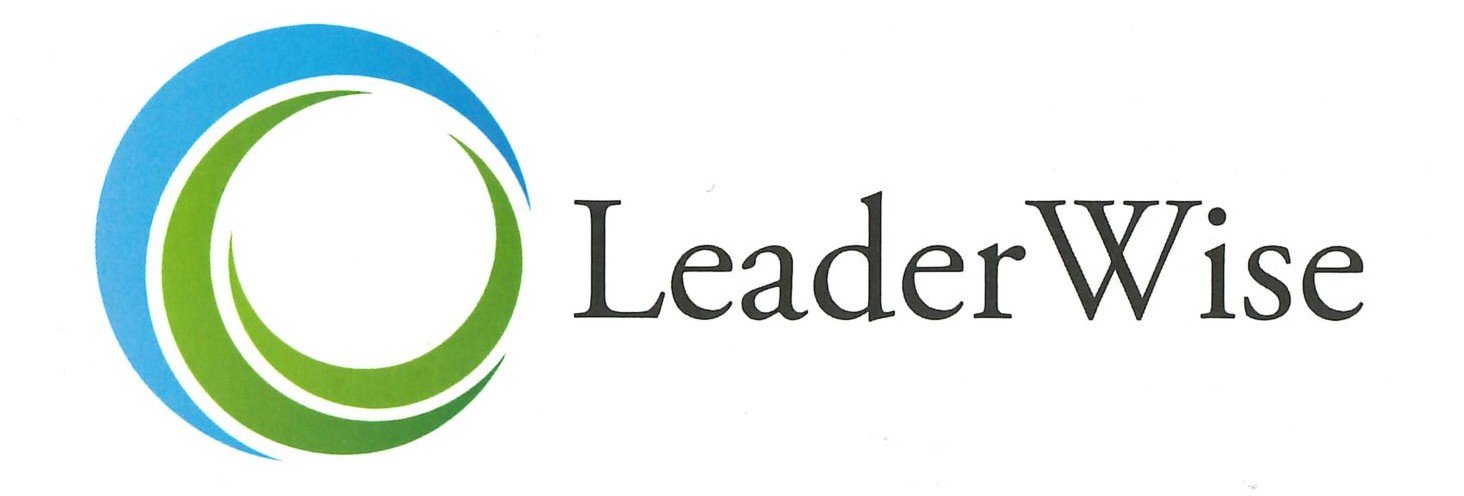This event is sponsored by The Synod of Lakes & Prairies and The Ministry Lab.
People are hurting. How can church leaders be present in a different way—a trauma-informed way—to those who are significantly struggling?
LeaderWise facilitators will equip congregational leaders—pastors, faith formation leaders, staff and volunteers—in taking a trauma-informed approach to their ministry, so that they may provide safe care and connection to those in their congregation and community. A trauma-informed approach involves being attuned to the ways in which a person's life context and lived experience may shape how they are able to receive care or to experience safety and connection. A trauma-informed approach is necessary now more than ever as the times we have lived through, and are living in now, are stirring up strong emotions and deep trauma in those we are serving.
The series is comprised of 4 workshops; the first workshop will be 3 hours (1:00 - 4:00 Central), and each of the next three will be 2 hours (1:00 - 3:00 Central).
THURSDAY, JANUARY 11 (1:00-4:00 PM CT)
Trauma-Informed Ministry as Leaders in Your Parish – Caroline Burke, Ph.D., LP
THURSDAY, JANUARY 18 (1:00-3:00 PM CT)
Religion, the Bible, and Spiritual Trauma – Rev. Laura Beth Buchleiter
THURSDAY, JANUARY 25 (1:00-3:00 PM CT)
Trauma and Grief – Joanna Quanbeck, Ph.D., LP
This workshop will explore what it means to bring a trauma-informed approach to working with grief. We know that loss and grief are part of life. While grief can be intensely difficult, it is not always traumatic. Yet for some people and some situations, grief can indeed be experienced as trauma. It may be that there are not enough internal or external resources to meet the intensity of the loss, or it may bring earlier trauma to the surface.
We will take an expansive understanding of grief in our conversation–bereavement, loss of place or culture, loss of sense of identity or community, loss of significant relationships, and more. We will also explore ways that those offering emotional and spiritual care can steady themselves when being present and responsive to another person’s grief.
Goals:
(1) To consider the various lenses through which we consider grief – the lens of cultural context, spiritual tradition, or personal experience.
(2) To identify multiple factors that can complicate grief or make it more complex.
(3) To explore a post-traumatic growth perspective to grief – identifying factors that nurture well-being and a greater sense of positive resolution in grief, where possible.
(4) To attend to how ministry leaders might care for their own resilience amidst extending trauma-informed care to others.
THURSDAY, FEBRUARY 1 (1:00-3:00 PM CT)
Trauma and Intersectional Identities – Rev. Laura Beth Buchleiter
Hybrid: Hosted at United Theological Seminary of the Twin Cities and on Zoom
Recordings will be available for pre-registered participants unable to attend single events.
Registration is for all four workshops: $75/members; $100/non-members

